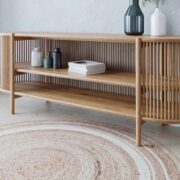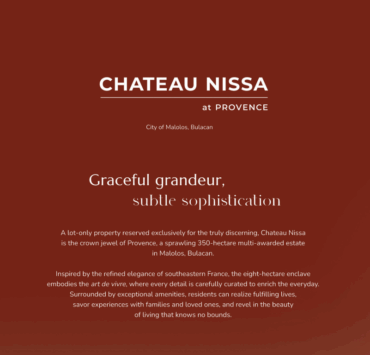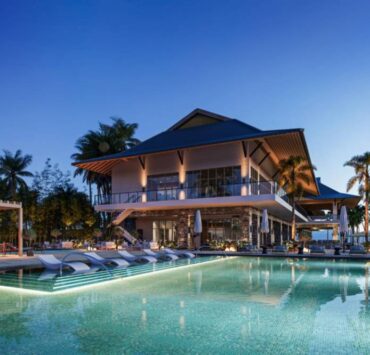The era of bespoke living
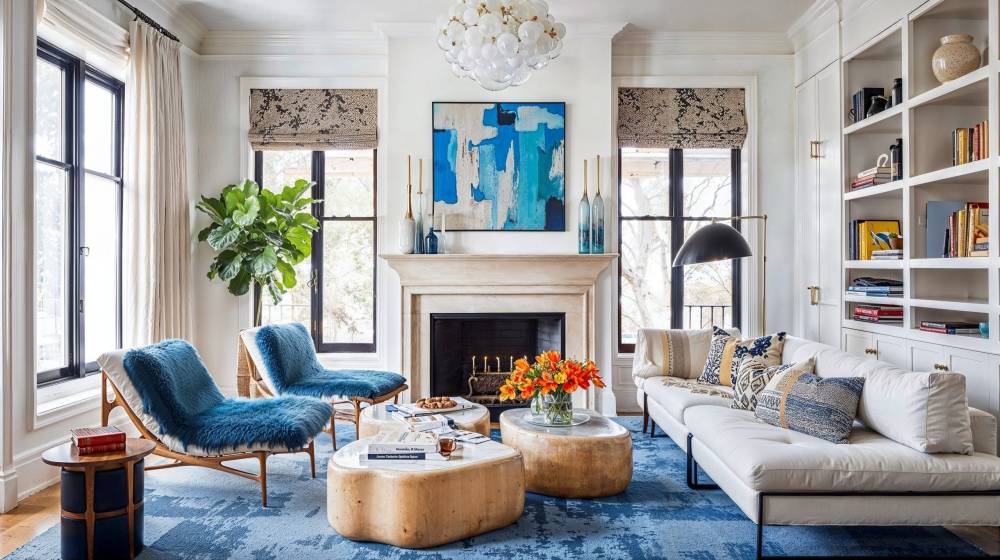
We live in a time when having something bespoke can be within the bounds of possibility.
It’s not about owning something swanky, but one that’s designed to suit our needs and personality––whether it’s a pair of running shoes, an everyday bag, a table for our home office or a nook in our kitchen.
Homebuyers these days look past cookie-cutter homes and instead prefer spaces that reflect their lifestyle, taste and values. There is no doubt that bespoke living is transforming residential real estate.
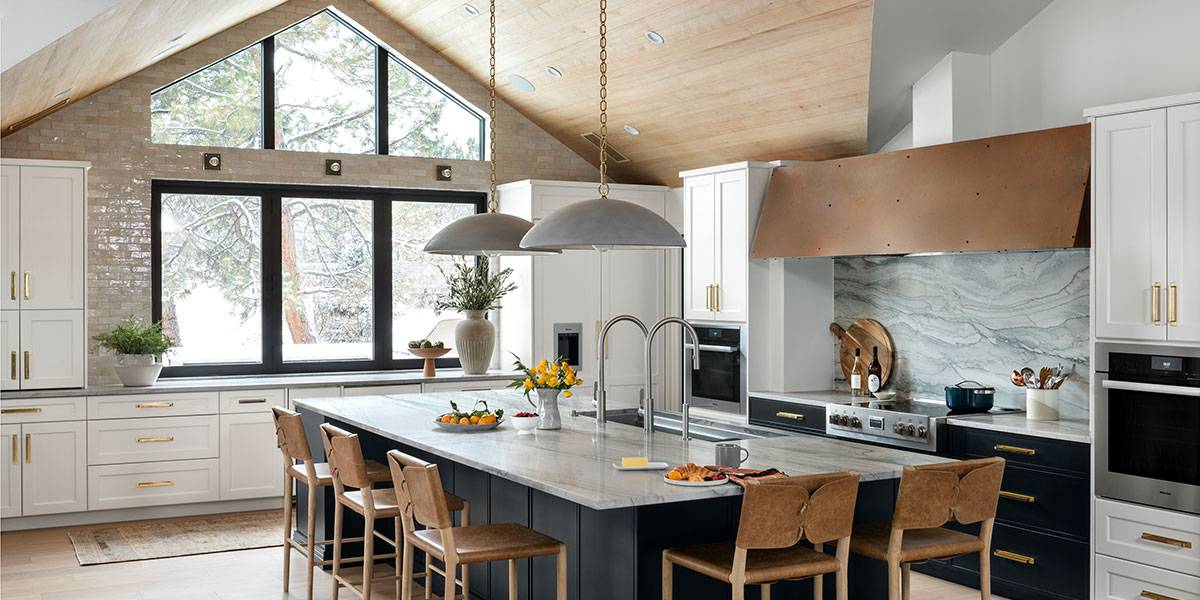
What is bespoke living?
It’s a growing real estate preference wherein the homeowner is at the center of the design and development process.
Bespoke living empowers homebuyers to get more than a pre-built space that they are forced to adjust to. Whether it’s custom floor plans, specific wall and floor finishes or smart home integrations, they are given the advantage to choose based on their specific needs and tastes.
Today’s homebuyers, especially millennials and Gen Z, place a premium on individuality. They’re not just buying a box where they can sleep and store their belongings–they’re acquiring a space that will mirror their character, way of life and aspirations. Residential developments that offer that bespoke living experience draw the interest of these homebuyers because that would mean buying into a property that promises to feel like home.
A home that is custom-designed feels more than just a shelter, it becomes a sanctuary. There’s a strong feeling of ownership and belonging when a homebuyer is involved in the process of creating their own space. The homeowner feels more emotionally connected to the space which, in turn, leads to a deeper sense of well-being and comfort.
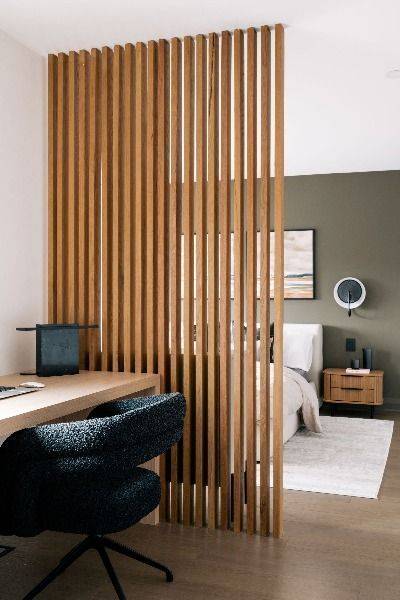
Purpose-built spaces
Bespoke living, as might be expected, may come with a higher cost. But it also promises long-term satisfaction for the homeowners. A space that is purpose-built saves one from undergoing costly renovations later on because they settled for a space that does not exactly suit their lifestyle.
Property developers can become effective partners in achieving bespoke living by offering customization options early. Build with flexible floor plans so homebuyers do not feel constrained with what they can do with their space and provide options when it comes to floor, wall and countertop finishes. Modifiable rooms are definitely enticing, especially for clients with diverse needs.
Developers might also want to consider embracing modular construction techniques and smart home technologies since these make bespoke living more adaptable.
Understanding their market’s unique needs and preferences is also key for property developers to convey bespoke living effectively. Are the future homeowners starting families who might need to split one of their bedrooms when the kids grow up? Are they work-from-home employees who will require a dedicated office nook? Are they young professionals who would probably want a home gym, or hard-core hobbyists who would delight in a craft corner?
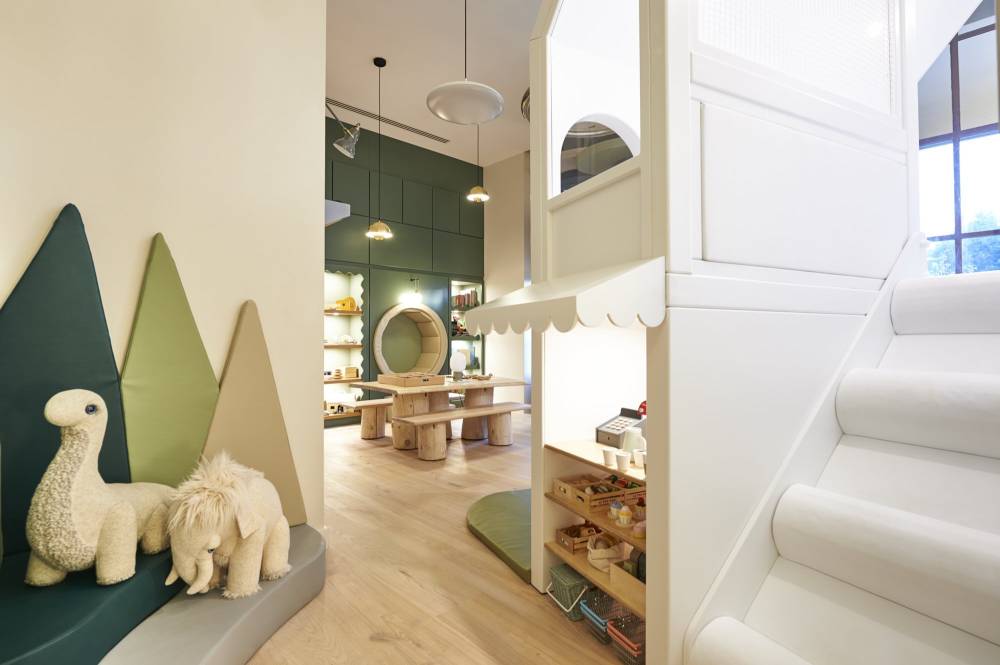
Curated features
Bespoke living isn’t limited to the four walls of a home. Developers can extend the idea to the building’s amenities. Play areas, co-working spots, pocket parks and gardens and wellness spaces that are curated to match the needs of residents make a property even more appealing.
Bespoke living is more than just a trend––it’s a shift in how people view homeownership. Modern homebuyers treat their homes more than just a property but an extension––and expression––of themselves, their lifestyle and their aspirations. Developers who understand and embrace bespoke living may find themselves the prefered choice of homebuyers looking for a home to call their own.













